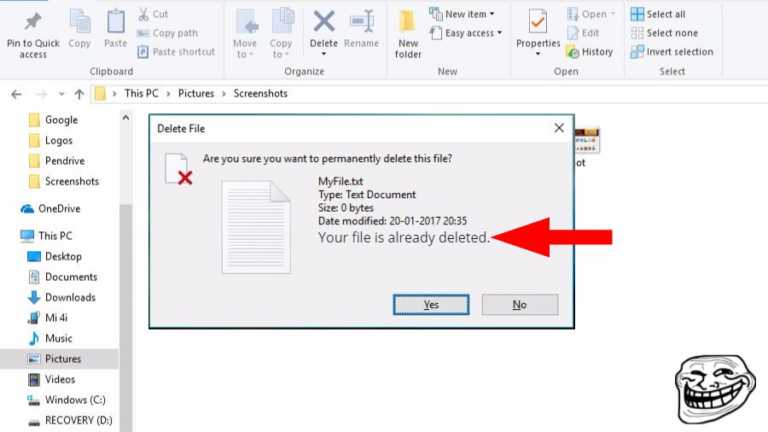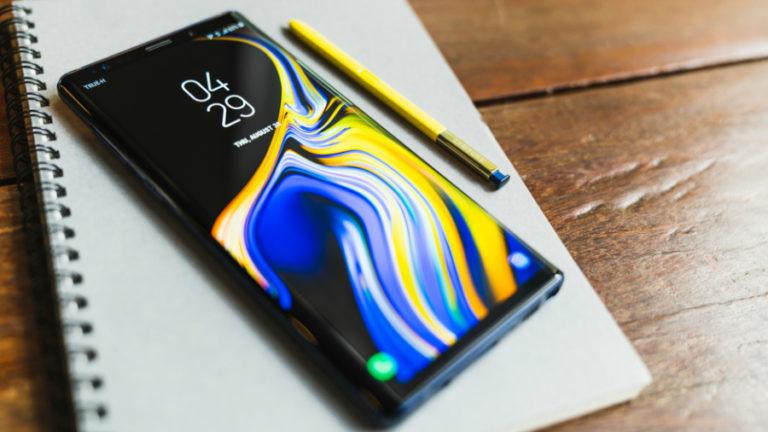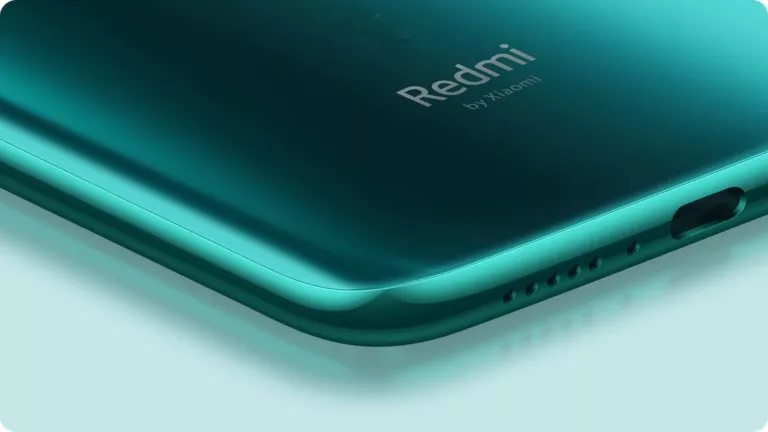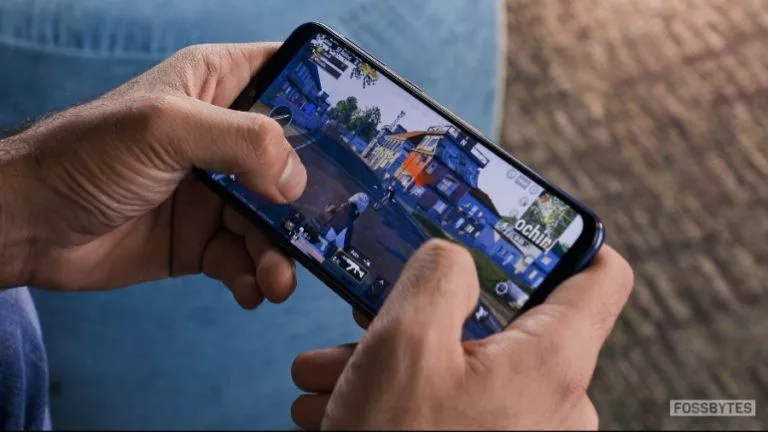5 Best DNS Servers (2022) – Free Public DNS For Speedy Connections
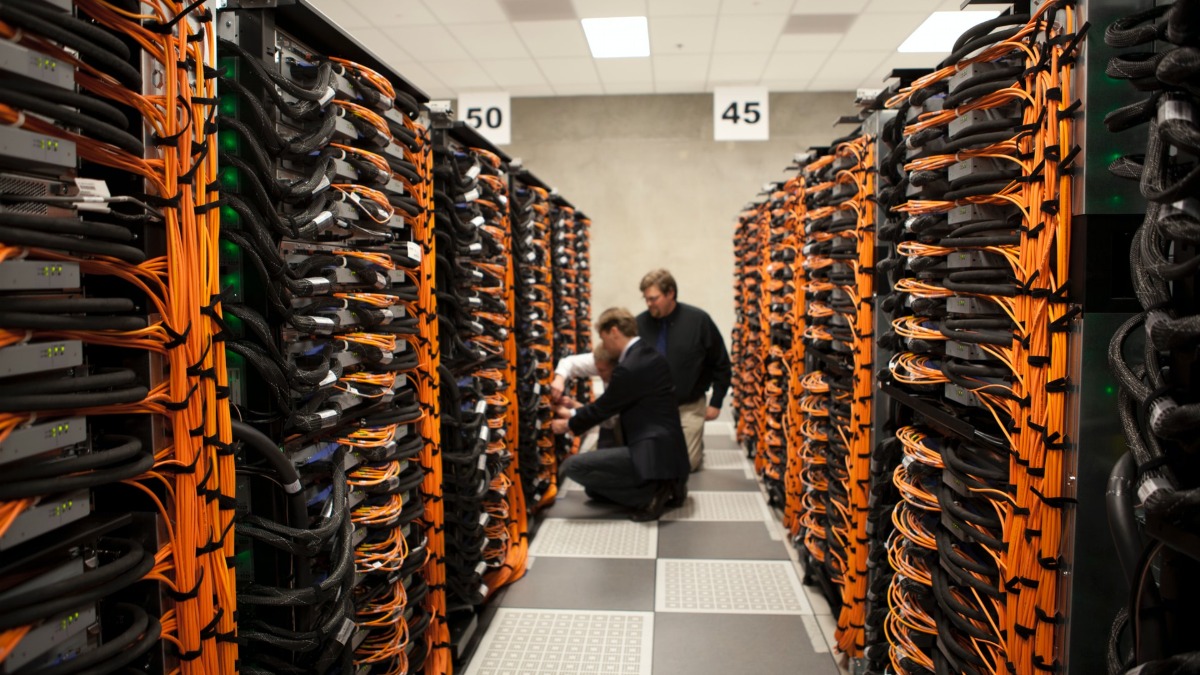
Switching from your ISP’s offering to a custom DNS server can be beneficial. As many have experienced, some of the best DNS servers come from the house of Google and Cisco. These public DNS servers can provide much better performance in terms of latency and features.
DNS servers have come a long way, and now they offer a lot more than throwing out the name of a website after it gets an IP address from a client device. Modern DNS servers provide advanced security features that protect your queries while they’re in transit. You can read more about what a DNS server is and how it works.
So, if you’re looking for some good custom DNS servers, here we have compiled a list of the most popular and reliable public DNS servers in the market.
Does a custom DNS protect your identity?
No, a custom DNS does not make you anonymous on the internet. Using a custom DNS only means that your computer will change where it receives the IP information of the websites you visit. Likewise, you will require a Virtual Private Network (VPN) to protect your browsing and make your connection private. Consider these popular VPN services if you require one:
Best DNS Servers For 2022 [Public and Free]
| Public DNS Servers | What does it offer? |
|---|---|
| Cloudflare | Known to offer the fastest DNS servers. |
| Google Public DNS | Great for reliability. |
| Quad9 | Provides secured and unsecured DNS servers. |
| OpenDNS | Provides web content filtering and other safety features. |
| CleanBrowsing | Comes with parental control features. |
1. Cloudflare (1.1.1.1)
Cloudflare has one of the biggest content delivery network (CDN) that is used by many. In 2018, Cloudflare launched its free DNS service called 1.1.1.1 that provides one-tap access to users.
1.1.1.1 is one of the fastest DNS servers on the internet when it comes to latency, an essential factor to consider in domain name resolution. It supports DoH, DoT, and DNSSEC.
Initially, the 1.1.1.1 app was only available for Android and iOS devices. But now, Cloudflare’s free DNS apps are also available for Windows 10/11 and macOS. However, just like other popular DNS services on this list, you can configure Cloudflare DNS directly in the system settings using its IP address.
The public DNS resolver has a different version called 1.1.1.1 For Families that, among various features, comes with built-in parental control features to block adult content.
| Cloudflare DNS | DNS Server Address |
| IPv4 | 1.1.1.1 (Primary) 1.0.0.1 (Secondary) |
| IPv6 | 2606:4700:4700::1112, 2606:4700:4700::1002 |
2. Google Public DNS
Arguably, Google Public DNS is the most popular custom DNS service you can find these days. Some advanced features offered to users manage to justify its popularity. However, Google’s known habit of tracking almost everything might push some users to alternative DNS services.
The service was launched in 2009 and has since been updated to match industry-standards. As of now, Google DNS servers handle more than a trillion DNS queries from devices in a single day.
Google Public DNS comes with support for security features like DNS over HTTPS (DoH) and DNS over TLS (DoT), both of which are used on various platforms to secure queries made by users.
It also works with the next-gen IPv6 protocol, which is the successor to the IPv4. Google Public DNS can give the much-needed latency boost that your ISP struggles with, thereby improving the website loading speed. Oh, and as a side note, you shouldn’t confuse it with increasing internet speed.
| Google Public DNS | DNS Server Address |
| IPv4 | 8.8.8.8 (Primary) 8.8.4.4 (Secondary) |
| IPv6 | 2001:4860:4860::8888, 2001:4860:4860::8844 |
3. Quad9
The name of this public DNS server resembles its IP address, i.e., 9.9.9.9. The free DNS service was co-developed by the Global Cyber Alliance, IBM, and Packet Clearing House. Quad9 is meant to block malicious websites to prevent phishing attacks, etc. as you browse the web.
To accomplish this security aspect, Quad9 feeds its systems with updated data from various providers and public sources. The public DNS service claims that it doesn’t store any personal data of the users. Quad9 supports the DNSCrypt protocol, which, as the name says, encrypts the connection between the client device and the DNS server to prevent MITM attacks.
In addition to a primary DNS server that enables domain blocklist and DNSSEC validation, Quad9 also offers an unsecured DNS server address that can be used to know if the Quad9 threat feed has flagged a legit domain as insecure.
Quad9 provides public DNS servers that work with IPv4 and IPv6 addresses. Furthermore, just like Google DNS, it offers support for DNS over HTTPS (DoH) and DNS over TLS (DoT) security features.
| Quad9 DNS | DNS Server Address |
| IPv4 | 9.9.9.9, 149.112.112.112 (Secured) 9.9.9.10, 149.112.112.10 (Unsecured) |
| IPv6 | 2620:fe::fe, 2620:fe::9 |
4. OpenDNS
OpenDNS came into existence in 2005 and was acquired by Cisco in 2015. It is another known name when talking about the best DNS servers for 2022.
The free DNS service offers various security features to prevent phishing attacks and content filtering, making it a great option for home and personal use. OpenDNS supports both IPv4 and IPV6 addresses and comes with support for DoH but not DoT. It also offers support for the DNSCrypt protocol, and in fact, OpenDNS was the first service to adopt it.
OpenDNS handles more than 140 billion DNS requests per day and has over 90 million users worldwide. The free DNS service started as an ad-supported offering, which was dropped in later years.
It has 30+ fast DNS servers located on different continents to provide seamless and faster DNS resolution in various parts of the world.
| OpenDNS | DNS Server Address |
| IPv4 | 208.67.222.222 (Primary) 208.67.220.220 (Secondary) |
| IPv6 | 2620:119:35::35, 2620:119:53::53 |
5. CleanBrowsing
The public DNS resolver focuses on providing filters that enable parental controls and block adult content. In other words, its goal is to ensure the safety of kids while browsing the web. CleanBrowsing is a relatively small-sized service compared to Quad9 or Cloudflare, which explains the focused approach it has.
In terms of features, the free version of the DNS service supports all popular security features, including DNSCrypt, DoH, DoT, and DNSCrypt. The DNS resolver offers separate IP addresses for families, adults, and security filters for free.
However, it mainly offers paid plans for a more dedicated DNS service, which is also its primary business model. The Basic plan starts at $59.99/year and offers 19 custom filters and blocks, active monitoring, etc.
CleanBrowsing provides a dedicated app for Windows and macOS computers that enables DNS filters in a single click. However, it’s surprising that CleanBrowsing doesn’t have an Android app that is more required.
| CleanBrowsing Family | DNS Server Address |
| IPv4 | 185.228.168.168 (Primary) 185.228.169.168 (Secondary) |
| IPv6 | 2a0d:2a00:1::, 2a0d:2a00:2:: |
| CleanBrowsing Adult | DNS Server Address |
| IPv4 | 185.228.168.10, 185.228.169.11 |
| IPv6 | 2a0d:2a00:1::1, 2a0d:2a00:2::1 |
| CleanBrowsing Security | DNS Server Address |
| IPv4 | 185.228.168.9, 185.228.169.9 |
| IPv6 | 2a0d:2a00:1::2, 2a0d:2a00:2::2 |
Best Gaming DNS Servers In 2022
If you are specifically looking for gaming DNS servers, we have got your back. For gamers, we have gathered dedicated servers that you can use to play video games without facing any lag or frame drop. These gaming servers can enhance your overall gaming experience by providing a stable connection.
Additional DNS Servers
| Provider | Primary DNS Server | Secondary DNS Server |
| Comodo Secure DNS | 8.26.56.26 | 8.20.247.20 |
| DNS.Watch | 84.200.69.80 | 84.200.70.40 |
| Verisign | 64.6.64.6 | 64.6.65.6 |
| AdGuard DNS | 176.103.130.130 | 176.103.130.132 |
| Yandex DNS | 77.88.8.8 | 77.88.8.1 |
How to use a custom DNS server on your PC?
You have an idea of the top-rated DNS services of 2020. Now, configuring a custom DNS server on your computer is a simple task that you can do in a few clicks. You can refer to our detailed guide on how to setup DNS server on your Windows 10 PC.
How can you switch DNS servers?
One way to change your DNS server is by changing the DNS server of your router. It will change the DNS sever for all your connected devices. To do so, go to the web interface of your router ( you can check the user manual of the router for it) and find the DNS server in the settings. Enter the third-party DNS server that you want to use.
Another option is changing the DNS server of each device individually. It is a time taking process but you can change DNS servers on Windows and Android separately if you don’t want to meddle with your router’s settings.
How can you find your current DNS server?
To find your current DNS server on WIndows, type the following command in the command prompt: “ipconfig /all” and press enter. To find your DNS server on a Macbook, go to System Preferences> Network> Choose network > Advanced > DNS.
Why should you use a Public DNS Server?
If you want to start using a custom or public DNS resolver for your device, there could be multiple reasons that might motivate you. Here, we have summed up a couple of points that I think could be important reasons to consider:
- Better performance over your ISP’s offering in most cases.
- Unblock websites and bypass censorship.
- Use DNS filtering to block offensive content.
- Protect your device from malicious sites and unwanted ads.
- Use public DNS as an alternative when your ISP’s server goes down.
How to find the fastest DNS server?
Almost every service mentioned on this list offers fast DNS servers to the users. However, there are various factors responsible for the so-called speed of a DNS resolver. However, one major factor is the distance of the DNS server from your home or office.
A DNS server located 1000 miles away will be slower compared to the one at 500 miles, provided everything else remains the same. Hence, one of the ways is you can compare the latency or response time of different DNS servers. The one that provides lower latency numbers should be your choice.
Conclusion
So, this is all we know about public DNS servers and what they can do? This could be helpful if you’re looking for a free DNS server even for casual use, let alone using it as your daily driver. If you have something to add, drop your thoughts in the comments down below.
Frequently Asked Questions (FAQ)
Google Public DNS is often considered a reliable option that you can pick for your gaming sessions. It provides great performance and low latency that’s essential for online gaming.
Many popular DNS servers on the internet are backed by major companies like Google and Cisco. They provide a mix of performance and reliability. Still, not every free DNS would give you impressive results. Hence, you should look out for such services.
Paid DNS is better than a free one because in paid DNS you get top-notch security, speed, reliability and you also get customer support.
8.8.8.8 is the DNS server of Google and you can use it if you don’t trust the DNS server provided by your ISP.
Yes, theoretically, IPV6 is faster than IPV4. This is due to the fact that in IPV6, cycles are not wasted on NAT translations, and routers no longer fragment packets for users.
No, DNS does not affect ping as its primary service is to provide name resolution services. However, you do get faster download and upload speeds but it has no effect on the ping.


